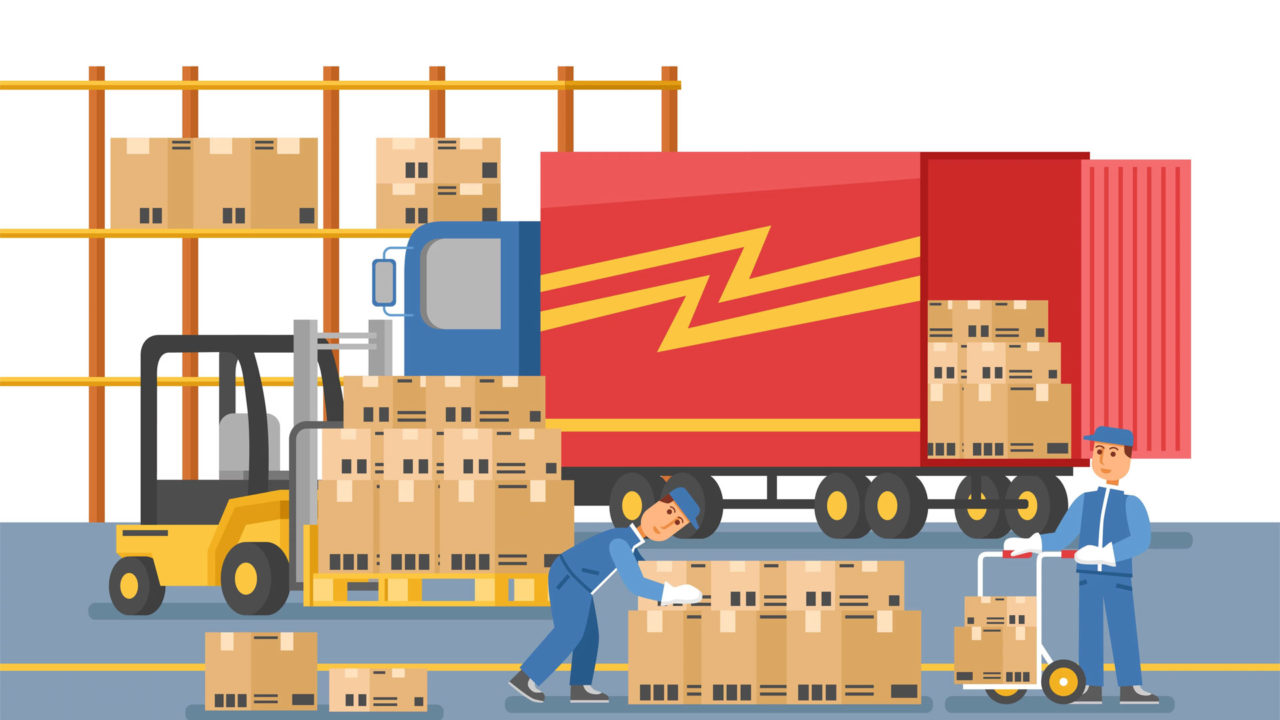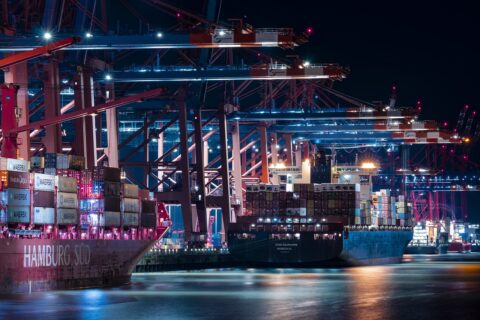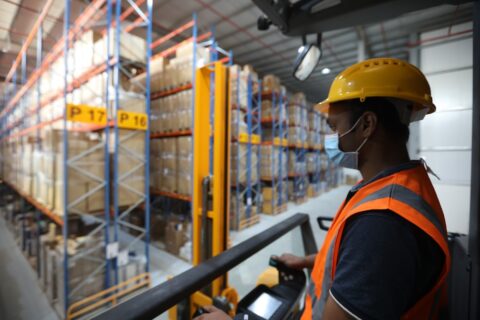
Freight transport can be majorly categorized under three heads – air, sea and land. Road freight, part of land freight, is one of the most commonly used freight transport modes and is also one of the most handy one.
What Is Road Freight?
Also known as road transport or road haulage, road freight essentially refers to the transport of cargo / products through roadways. It is also one of the classic forms of logistics in the world; and the most commonly opted mode of transport globally. Road freight is also used in combination with air and sea freight modes, so as to facilitate door to door delivery, if and when required.
Road freight can be categorized into LTL and FTL.
LTL and FTL Road Freight
LTL, Less Than Truckload, freight is generally opted by businesses which have smaller size cargo not enough to fill the entire truck load. In LTL, a business shares truck space and the transport cost with other businesses. LTL is a cost-effective road freight method and is ideal for small and medium size businesses, however, it takes more time for delivery as compared to FTL, as there can be multiple stops, and packing / repacking requirements on the way.
FTL, on the other hand, refers to Full Truck Load freight and is generally opted by businesses for one of these reasons – they have shipment size enough to engage an entire truck, they require an entire truck even when the truck is not fully filled, when they have a time constraint or when they have high risk / delicate goods. FTL is costlier than LTL.
Choosing between LTL and FTL Road Freight
There are several differences between LTL and FTL freight transport, it is important to consider the following before zeroing on your option –
Shipment Size – If you have small cargo units, not enough to fill the entire truck load, then LTL is usually the best option, except when your goods fall in high risk category.
Budget – Shipping with LTL, if you have smaller freight, can lead to significant reduction in your freight cost as compared to hiring a complete truck, that would be partially empty. But, if you have cargo large enough to fill an entire truck, FTL can prove to be cost effective.
Time – LTL freight takes more time as compared to FTL. This is mainly because, in LTL, the vehicle may take a slightly longer route, the frequency of stops may be more and transferring / repacking of goods may also be involved. In FTL, shipments usually have one origin and one destination point, making FTL a faster option.
Shipment type – While the size of the shipment is a factor, there are instances when some type of goods cannot share truck space with others, these are usually high risk, dangerous or delicate goods. In such cases, opting for a FTL is advisable, even when the shipment size is smaller.
Why Choose Road Freight?
While there are other freight shipping modes available to choose from, road freight has its own advantages –
Cost efficient – Road freight is one of the most economical and cost-efficient mode of freight transport and is highly preferred by small and medium size companies.
Flexible – Since there are roads at every civilized place, road freight gives the transporter the flexibility to choose the route, mid-way drop offs and final destinations. Also, road freight has reliable schedule and transport time.
Door to door delivery – This is, perhaps, the biggest advantage of road freight.nGoods can be picked up directly from the loading point and dropped at the destination, without the need of any other mode of transport or multiple handling. Road freight proves to be convenient as every place can be easily reached by road.
Reduces multiple handling of cargo – When goods are transported by any other logistics mode, sea or air, they need to be dropped and picked from the port or airport, respectively – this results in multiple handling points of the goods, while in road freight goods are loaded and unloaded right at the starting and end points.
While these are some of the favorable reasons companies prefer road freight, there are several factors that can affect road freight efficiency, such as limited cargo capacity, road infrastructure, traffic, weather conditions and the likes.
ProConnect For Road Freight
While freight shipping may sound quite straight forward, it involves paperwork, custom clearance, local and global knowledge of compliance and laws, etc. thus, leaving your freight and logistics worries to a freight forwarder is always a wise choice. At ProConnect, road freight services sum up to 16% of our product and service portfolio. We have a team of experts not just for road freight, but also for multi mode logistics, other modes of freight transport, warehousing and custom clearance needs that you may have. Ask us for a free quote today!





 APP DOWNLOAD
APP DOWNLOAD